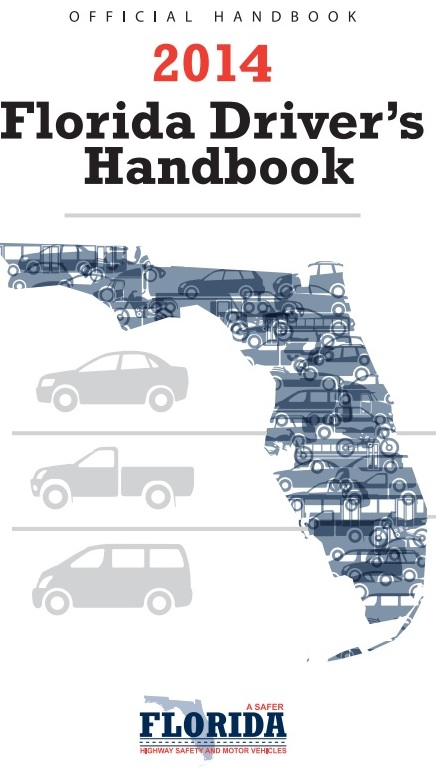Not Using Turn Signals Is Inexcusable!
February 20, 2015 | Category: Automobile Accidents | ShareThe American Automobile Association Foundation for Traffic Safety (AAA) conducted a new study in November 2014 to determine whether or not more people are complying with the Florida law, and the laws in other states, requiring drivers to use turn signals. This 2014 study updates the original study conducted by the Society of Automotive Engineers (SAE) in 2012. Although the full results of the AAA study have not yet been released, an early finding is that instead of more drivers complying with the law(s) to use turn signals, fewer drivers are now complying. 44 percent of drivers may not be using their turn signals when making a right or left turn. In addition, the number of drivers now who may not using their turn signals when changing lanes is up from 48 percent to 57 percent.
Since the development of vehicle stability technology, there has been the development of "smart turn signal technology". This technology overcomes the issue of remembering to turn on or off turn signals. Some vehicles manufactured in 2012 or later have this technology. Older vehicles may be able to be retrofitted. However, having "smart turn signal technology" is not mandatory at the present time.
As shown by the AAA November 2014 findings, drivers underestimate the power of turn signals. Turn signals are essential for letting drivers know the intention of other drivers. They are the only predictor of where vehicles' drivers will go.
What is even more telling are the reasons people give for not using their turn signals, according to the November 24, 2014 report in the Huffington Post:
- They forget to turn on their signal.
- They don’t have enough time; They just need to make a lane change or turn instantly.
- They think turn signals are optional.
- They want to quickly slip into a lane before anyone blocks their access.
- Their turn signal is broken.
- They are lazy.
 "All drivers have an on-going duty to use signals, just as they have a duty to stop at a stop sign or at a red light," says SAE 2012 report author, Richard Ponziani.
"All drivers have an on-going duty to use signals, just as they have a duty to stop at a stop sign or at a red light," says SAE 2012 report author, Richard Ponziani.
All states have requirements for drivers to use directional signals to indicate their intentions to turn, change lanes or pass vehicles. The penalties may vary by state, but failure to signal is usually a minor traffic violation and can add one to two points to drivers' licenses. Florida's Driver Handbook states that drivers must use hand signals or directional signals to show that they are about to turn.
Another reason to use turn signals when turning is reported by AAA. They indicate that road rage increases when a driver is cut off by another motorist not using signals.
"We, at Spivey Law Firm, Personal Injury Attorneys, P.A. have seen the results of vehicle accidents which happen when drivers do not use turn signals. Those involved in these accidents may incur life-changing injuries due to no fault of their own. Turn signals must be used at all times. It is the law and the smart thing to do," says Naples Automobile Accident Attorney, Randall Spivey.
Naples Vehicle Accident Attorney, Randall L. Spivey is a Board Certified Trial Attorney – the highest recognition for competence bestowed by the Florida Bar and a distinction earned by just one (1%) percent of Florida attorneys. He has handled over 2,000 personal injury and wrongful death cases throughout Florida. For a free and confidential consultation to discuss your legal rights, contact the Spivey Law Firm, Personal Injury Attorneys, P.A., in Lee County at 239.337.7483 or toll free at 1.888.477.4839,or by email to Randall@SpiveyLaw.com. Visit SpiveyLaw.com for more information. You can contact Spivey Law Firm, Personal Injury Attorneys, P.A.in Charlotte County at 941.764.7748 and in Collier County 239.793.7748.

